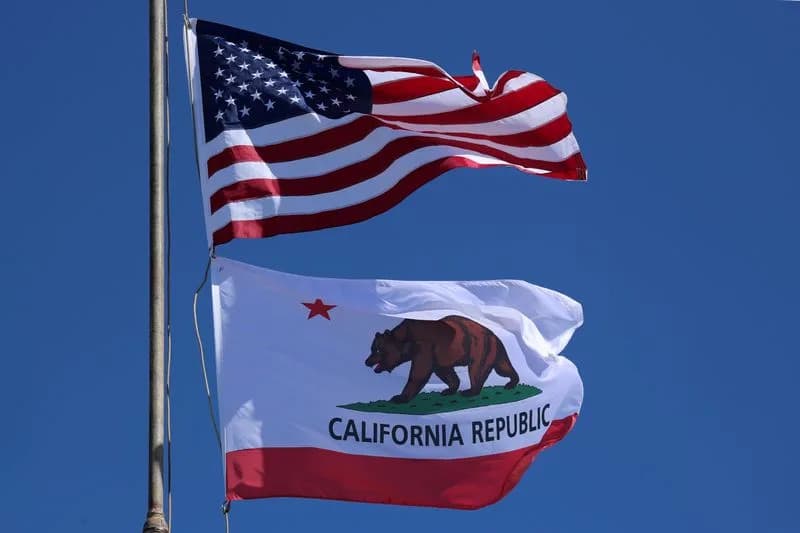The Department of Transportation has withdrawn a Biden-era proposal that would have required airlines to pay up to $525 for 3–9 hour domestic delays and $750–$775 for delays over nine hours, plus reimburse delay-related expenses when the carrier was at fault. Modeled on the EU’s EC261 rules, the proposal was backed by consumer advocates but fiercely opposed by major carriers and their trade group, which warned of higher fares. Industry and advocacy studies offered conflicting cost and benefit estimates, and the DOT highlighted infrastructure fixes such as air-traffic control improvements as alternative priorities. With the rule gone, U.S. policy remains voluntary rather than mandating cash payouts for long delays.
DOT Withdraws Rule That Would Have Required Airlines to Pay Up to $775 for Long Delays
The Department of Transportation has formally withdrawn a Biden-era proposal that would have required U.S. airlines to compensate passengers for long, carrier-caused domestic flight delays. The move ends a push modeled on the European Union’s EC261 passenger-rights rules and leaves U.S. policy distinct from the EU approach.
What the proposal would have done
Under the withdrawn rule, passengers on domestic flights delayed by the airline’s fault would have been eligible for cash payments and reimbursement of delay-related expenses. Payments would have ranged up to $525 for delays of three to nine hours and $750–$775 for delays exceeding nine hours. Airlines would also have been required to cover reasonable costs for meals, ground transportation and overnight lodging when the carrier was responsible—for example, due to aircraft maintenance issues or software outages.
Where the idea came from
The proposal was modeled on the European Union’s Air Passenger Rights Regulation (EC261), a 2004 law that guarantees compensation in many cases (typically €250 to €600, depending on distance). Supporters said EC261 creates incentives that improve on-time performance and protect travelers financially when disruptions are the airline’s responsibility.
Arguments for and against
Consumer groups and passenger-rights advocates broadly supported the U.S. rule, saying it would ease the financial burden on travelers and motivate carriers to reduce long delays. A study cited by advocates reported that flights covered by EC261 are far less likely to be delayed more than three hours than comparable U.S. flights, and that same-day cancellations are more common in the U.S. than in the EU.
Airlines and their trade group, Airlines for America (A4A), strongly opposed the proposal. They argued carriers already compete to provide quality service, offer refunds and accommodations in many disruptions, and warned the rule would raise costs and likely increase fares. An industry-commissioned analysis from InterVISTAS estimated EC261-style payouts could impose roughly $5.2 billion in annual costs on passengers. By contrast, advocates point to lower per-passenger operating costs in the EU and to the regulation’s deterrent effect.
Policy context and next steps
The DOT said the withdrawn proposal "did not reflect the compensation consumers are currently entitled to with respect to delays and cancellations." The department also emphasized broader infrastructure and air-traffic control improvements as ways to reduce delays. Most U.S. carriers do voluntarily provide hotel and meal vouchers during some carrier-controlled disruptions, and federal law requires refunds for canceled flights that are not rebooked.
The debate also overlaps with industry lobbying: A4A filed a petition seeking rollbacks of several consumer-focused rules—including full upfront price displays, family seating requirements and elements of the airline-customer dashboard—and spent millions on lobbying in 2024. Critics have flagged a potential conflict of interest involving the current Transportation Secretary, who previously lobbied for airline interests.
Bottom line
With the compensation rule now withdrawn, U.S. passengers will not receive guaranteed cash payouts tied to delay length similar to those in the EU. Consumer advocates say the withdrawal misses an opportunity to hold airlines accountable and reduce lengthy delays; industry leaders say the rule would have raised costs and complexity for carriers and travelers alike.
Help us improve.


























